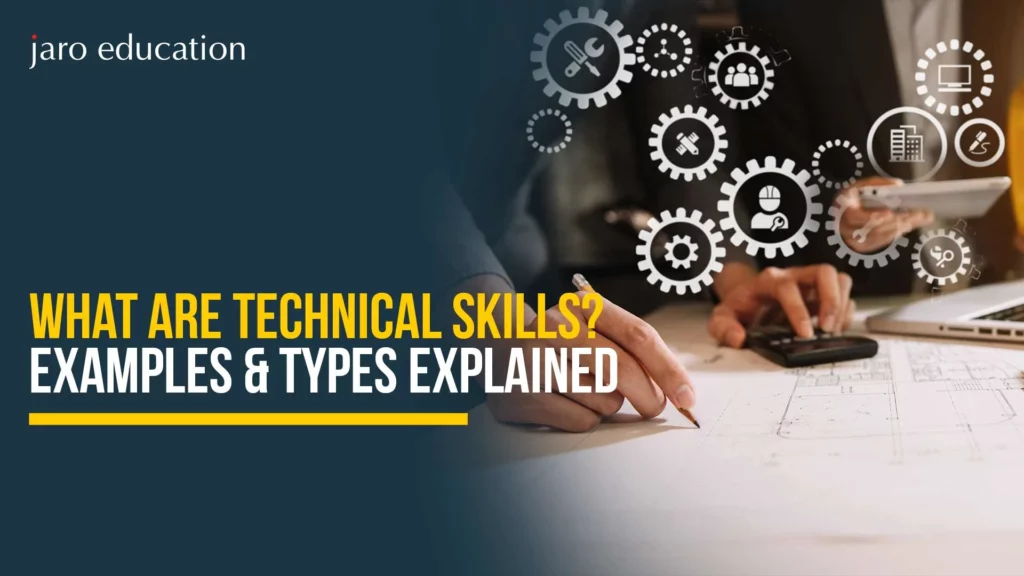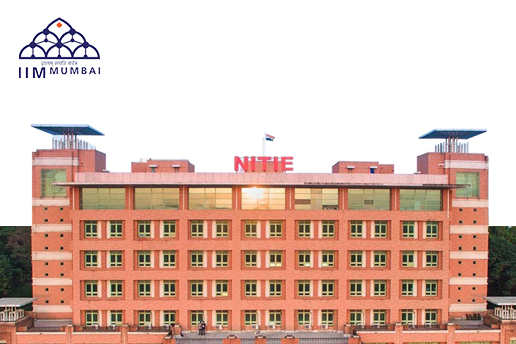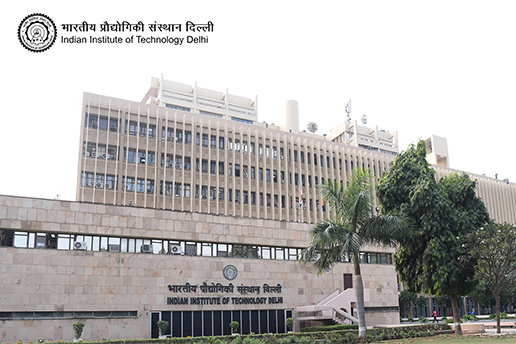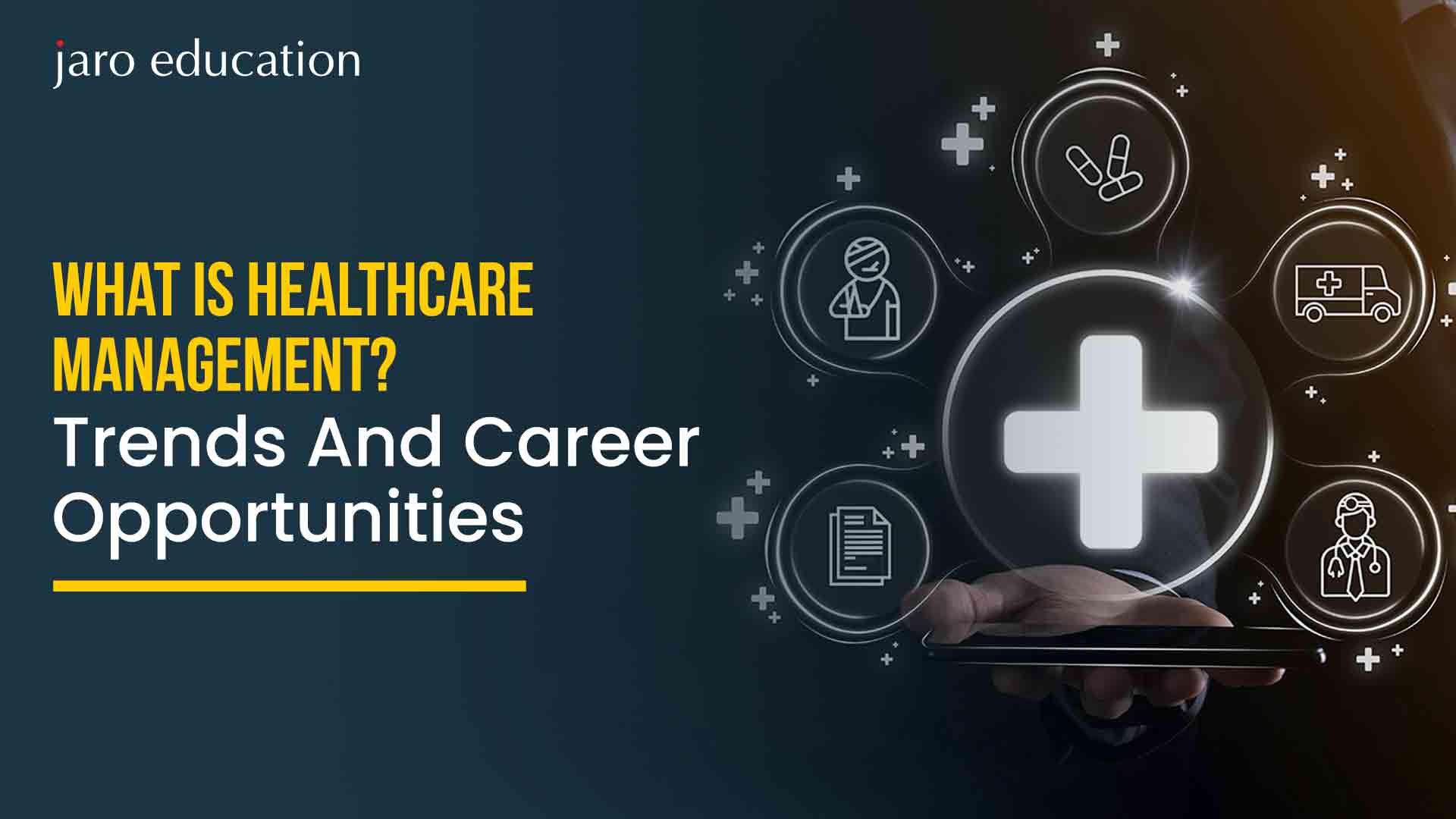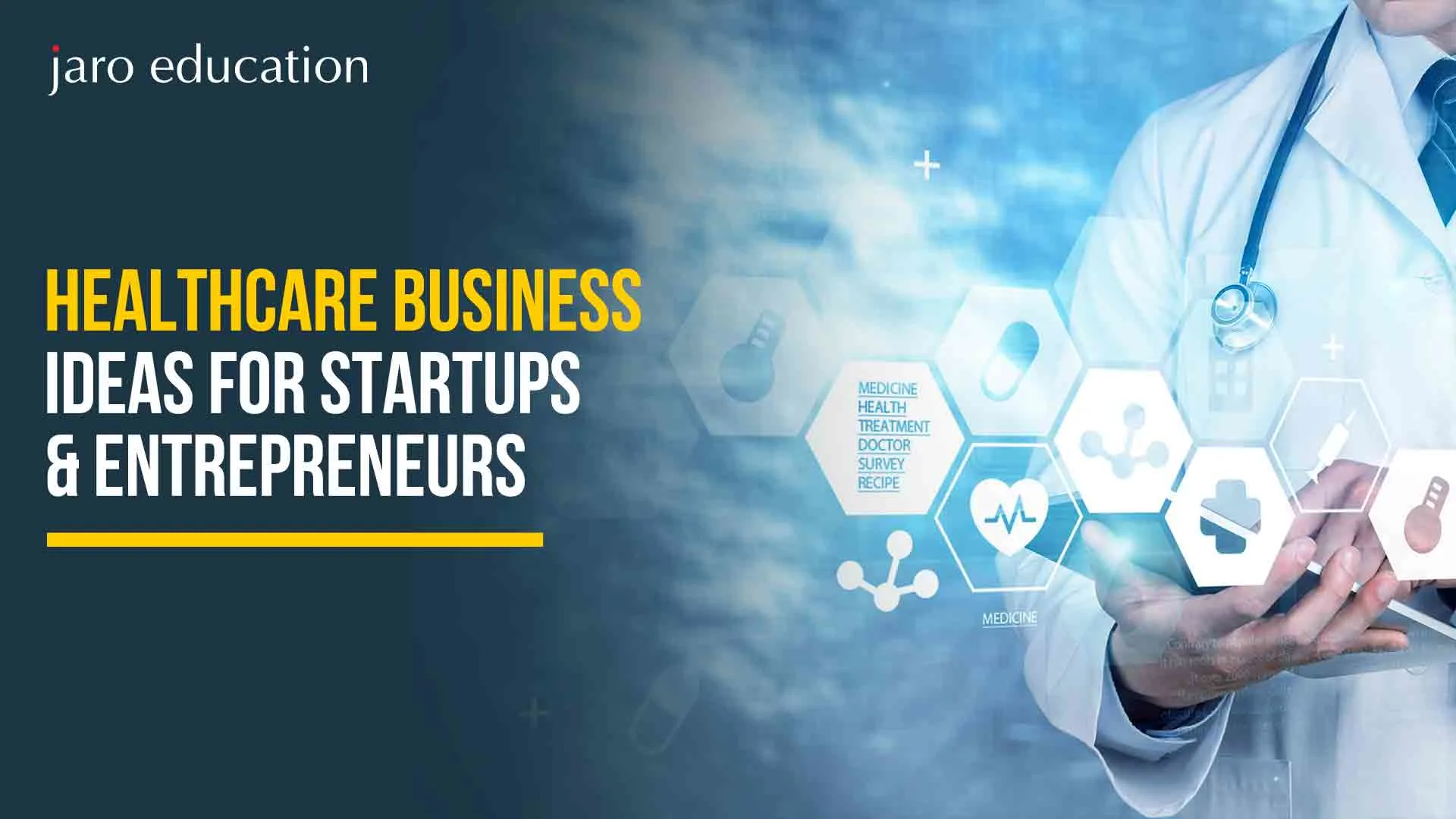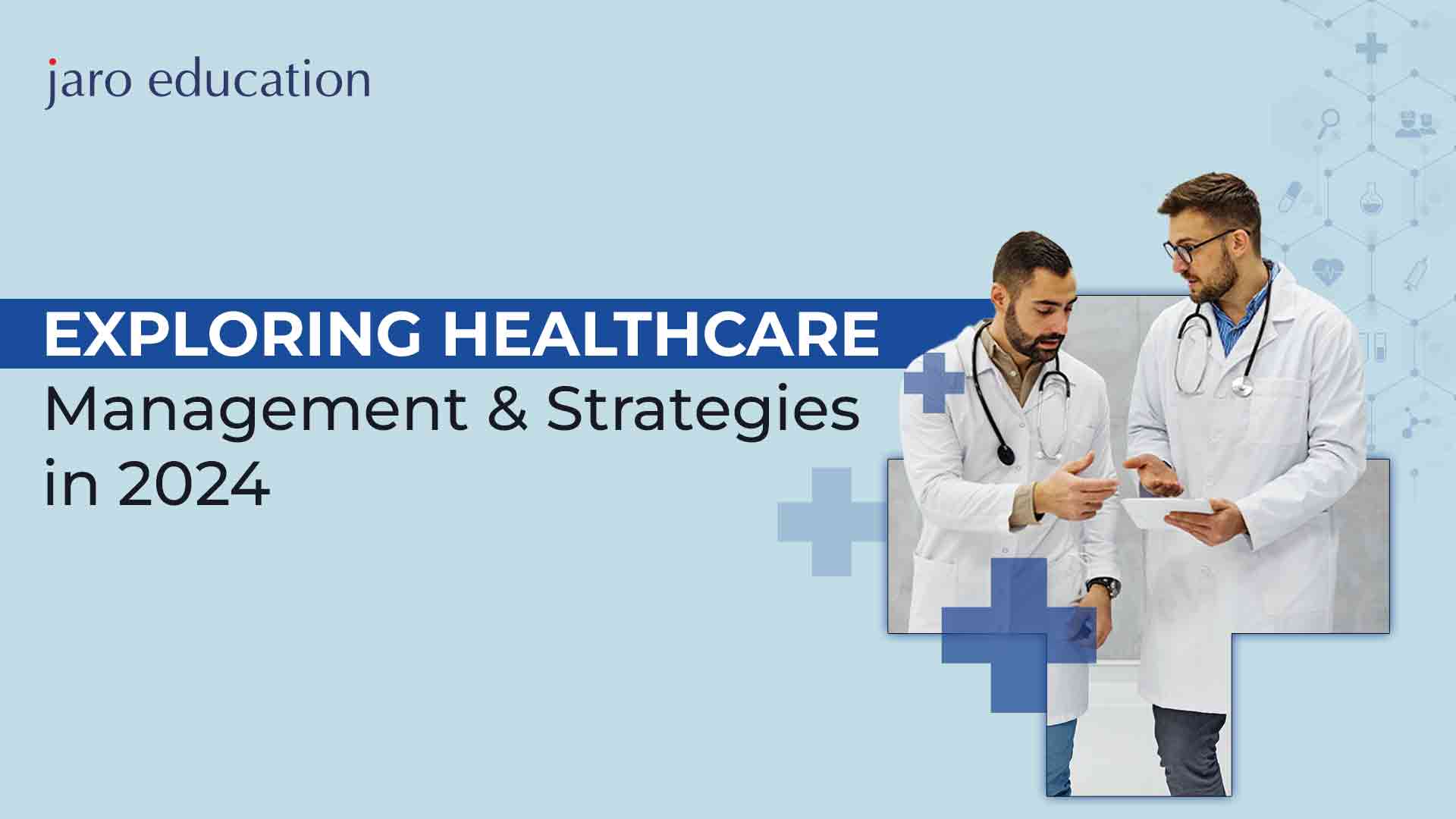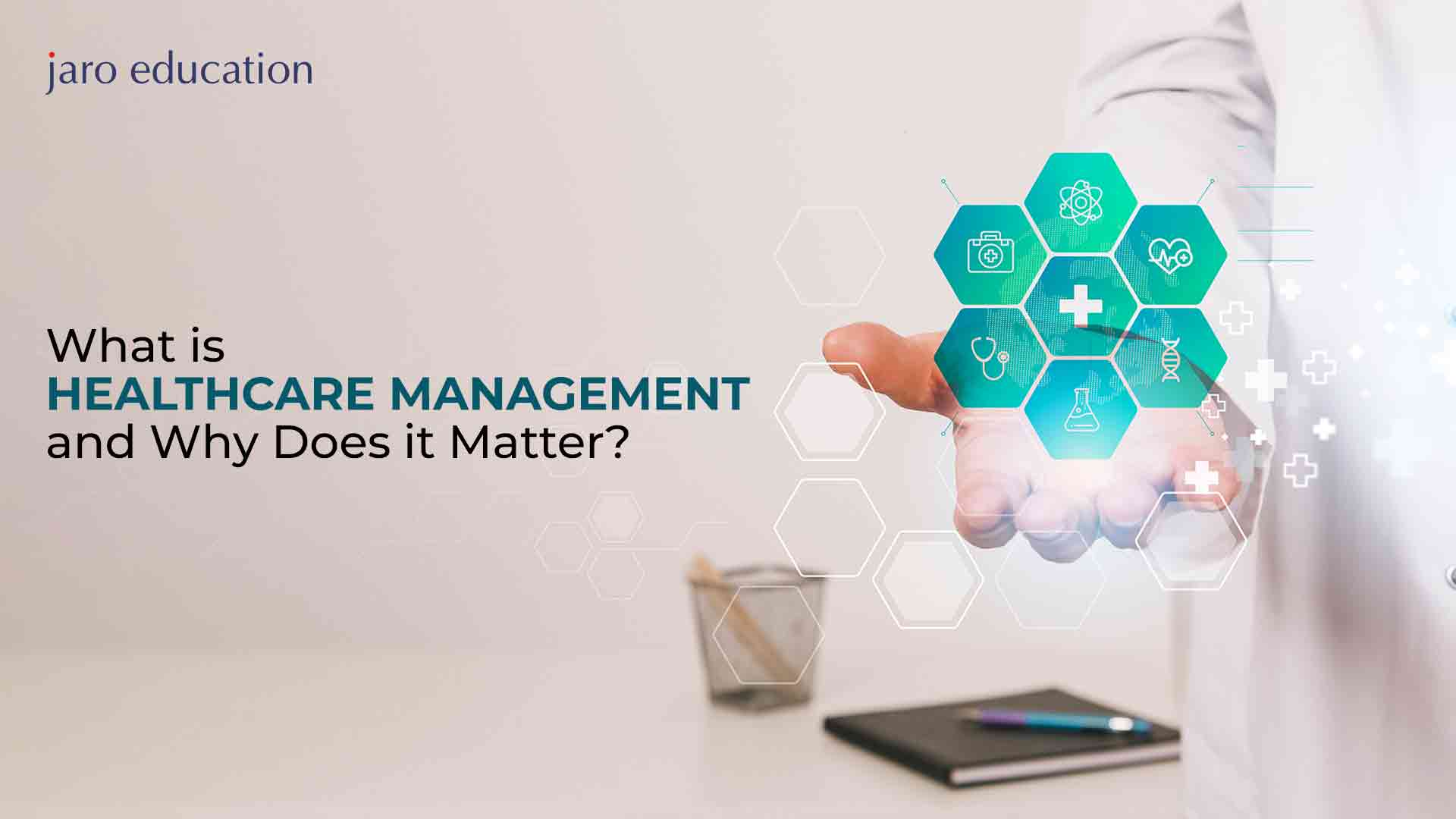Top Career Opportunities in Healthcare: High-Demand Roles
Table of Contents

The healthcare careers division in India is experiencing a transformative stage, driven by technological progressions, organizational changes, and an expanding demand for quality healthcare administrations. This advancement is creating plenty of career openings for experts across different spaces. This comprehensive report will dive into the current scene of healthcare careers in India, investigating developing parts, compensation patterns, and the effect of advanced innovations.
Healthcare careers, particularly in data analytics, are experiencing significant growth. The U.S. Bureau of Labor Statistics projects a 15% increase in healthcare careers for employment between 2019 and 2029, adding 2.4 million jobs, with healthcare data analysts seeing a 13% growth between 2021 and 2031. India’s health care analytics market is also booming, with a projected growth rate of more than 25% through 2030, according to TechSci Research.
Let us delve into the career opportunities in healthcare careers, the future of healthcare careers in jobs, AI in healthcare jobs, and digital health careers.
Understanding the Scope
In maintaining the health of the public, the healthcare careers hold a broad range of professions which include places in clinical settings, exploration, administration, and technology. With the sector’s expansion, there is a growing need for professionals to cater to different healthcare career requirements.
Top Career Opportunities in Healthcare: High-Demand Roles
Healthcare AI’s quality and convenience are nothing without great information, so the information aptitudes that HIT stars have aced are essential to driving its success.
The data depicts that a basic clinic produces 137 terabytes of information a day. Healthcare careers alone create 30% of the world’s information, and that information is growing at a 36% composite periodic growth rate.
To construct AI in healthcare jobs, experts need to figure out how to upgrade and sharpen the chops they presently have.
We burrowed into means like the recently upgraded HIMSS library, megahit work descriptions, and our retained current work bulletins to suss out AI-related aptitudes healthcare careers heads are looking for right now. That’s the tip.
| Job Role | Description | Average Salary |
|---|---|---|
| Health Data Analyst | Analyzes health data to improve patient care, cost efficiency, and outcomes | INR 6 Lakh/year |
| Medical Data Scientist | Uses data science to derive insights from medical data for research and care. | INR 14 Lakh/year |
| Healthcare AI Engineer | Develops AI systems for diagnosis, patient care, and operational efficiency. | INR 12 Lakh/year |
| Healthcare AI Prompt Engineer | Designs and optimizes AI prompts for healthcare-related generative AI systems. | INR 5.5 Lakh/year |
| Healthcare AI Project Manager | Manages AI projects in healthcare, ensuring timelines and deliverables | INR 6 Lakh/year |
*Glassdoor
1. Health Data Analyst
A Health Data Analyst plays a crucial role at the intersection of healthcare careers and data science. This professional is responsible for collecting, processing, and analyzing healthcare careers in data to ensure it is accurate, accessible, and optimally structured for use in AI, machine learning, and other analytical systems.
Required Skills:
- Programming languages: Python, R
- Data management: SQL, EHR systems
- Visualization tools: Tableau, Power BI
- Familiarity with healthcare terminologies and data privacy regulations
2. Medical Data Scientist
Leverages information science strategies and artificial intelligence (AI) to make strides in persistent care or progress therapeutic research.
3. Healthcare AI Engineer
Applies AI in healthcare jobs and machine learning methods to address different challenges and opportunities inside healthcare. Laborers right now in healthcare information modeling and information modeling parts have numerous abilities that healthcare AI design will require.
Key Responsibilities:
AI Model Development: Build machine learning and deep learning models that analyze patient data, medical images, and clinical texts to support diagnostics, treatment planning, and resource allocation.
Data Integration: Work with large volumes of healthcare career data, including EHRs, lab results, imaging data, and wearable sensor outputs, ensuring the data is usable, clean, and compliant with healthcare regulations.
Healthcare System Optimization: Use predictive analytics to identify trends such as disease outbreaks, hospital readmission risks, and patient flow bottlenecks.
Collaboration: Partner with clinicians, data analysts, and IT teams to understand real-world medical challenges and implement AI solutions that are both technically sound and clinically relevant.
AI Implementation & Scaling: Deploy AI models into healthcare systems, monitor performance, and make iterative improvements.
4. Healthcare AI- Prompt Engineer
A Healthcare AI- Prompt Engineer specializes in designing, testing, and refining prompts that guide AI models, especially large language models (LLMs), to perform effectively in clinical and administrative healthcare settings. This role is emerging as AI in healthcare jobs, tools like ChatGPT and other NLP systems are integrated into healthcare careers’ workflows for documentation, decision support, and patient interaction.
Key Responsibilities:
Prompt Crafting: Develop precise and effective text prompts that enable AI models to generate accurate clinical summaries, medical instructions, billing notes, or automated responses for patient queries.
AI Interaction Optimization: Fine-tune prompt structures to ensure reliability, safety, and relevance of AI-generated outputs in healthcare contexts.
Domain-Specific Adaptation: Translate complex healthcare language, medical terminologies (e.g., SNOMED CT, ICD-10), and patient scenarios into prompt structures that AI in healthcare jobs models can interpret effectively.
Testing & Evaluation: Continuously test AI responses to prompts for accuracy, completeness, and bias mitigation, especially in sensitive healthcare career situations.
Collaboration: Work closely with clinicians, data scientists, and developers to align AI-generated content with real-world clinical requirements and compliance standards.
5. Healthcare AI Project Manager
A Healthcare AI Project Manager oversees the planning, coordination, and execution of AI initiatives within healthcare career organizations. They act as a bridge between technical teams, healthcare professionals, and stakeholders to ensure that AI in healthcare job solutions are developed and deployed effectively, on time, and within budget.
Key Responsibilities:
Project Planning: Define project goals, scope, timelines, and resources for AI implementations in clinical, operational, or research settings.
Team Coordination: Manage cross-functional teams, including data scientists, software engineers, clinicians, and compliance officers, to deliver AI-driven healthcare solutions.
Risk Management: Identify and mitigate risks related to data privacy, model reliability, patient safety, and regulatory compliance (e.g., HIPAA, GDPR).
Stakeholder Communication: Facilitate regular updates, presentations, and documentation for hospital administrators, IT leadership, and healthcare careers in staff.
AI Implementation Oversight: Monitor the deployment and integration of AI models into existing systems (e.g., EHRs, billing platforms) and assess outcomes.
Data-Driven Decision Support: Use dashboards, analytics tools, and reports to track project performance and support strategic decisions.
Digital Health Careers: Rise of Cybersecurity and Data Privacy Specialists in Healthcare
1. Safeguarding Patient Data in the Digital Age
As healthcare systems transition to electronic health records, telemedicine platforms, and AI-powered diagnostics, digital health careers are seeing exponential growth. Among the most in-demand roles are Healthcare Cybersecurity and Data Privacy Specialists, who play a critical role in protecting sensitive patient data from cyber threats.
2. What Do These Professionals Do?
Healthcare cybersecurity professionals are responsible for:
- Securing hospital information systems against data breaches
- Ensuring compliance with privacy laws like HIPAA (globally) and DISHA (India)
- Managing risks related to cloud-based health applications
- Monitoring network vulnerabilities and intrusion attempts
- Conducting audits and forensic investigations in cases of breaches
3. Future Trends: Why Demand Is Rising
The future of healthcare jobs is closely tied to digital transformation, with cybersecurity emerging as a top priority for hospitals, insurance companies, and health tech firms. Here’s why:
- Increased ransomware attacks on healthcare institutions: Healthcare was the top target of cyberattacks globally in 2023.
- Greater adoption of AI and IoT devices: Smart devices and AI models require a stronger privacy infrastructure.
- Regulatory pressure: As India and other countries strengthen data protection laws, the need for compliance specialists is growing.
- According to a report by MarketsandMarkets, the healthcare cybersecurity market is projected to grow from USD 15.7 billion in 2023 to over USD 35 billion by 2028, reflecting a CAGR of over 17%.
Boost Your Healthcare AI Skills: Start Your Journey in Digital Health Today
In an era where AI and digital transformation are reshaping healthcare, acquiring cutting-edge skills is no longer optional—it’s essential. Whether you’re a healthcare professional, entrepreneur, or technologist, IIT Delhi’s EPHCI 5.0 Programme offers a powerful launchpad into the future of digital health and AI-driven innovation.
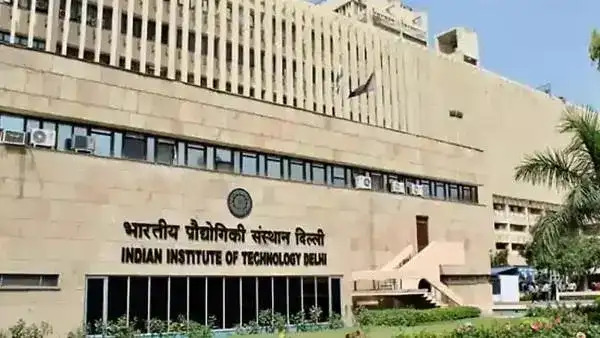
*ET Education
Why Choose IIT Delhi’s EPHCI 5.0 Programmes?
IIT Delhi, one of India’s most prestigious institutions, offers specialized programme like the Healthcare Executive Programme in Healthcare for Industry 5.0 Programme by CEP, IIT Delhi. These courses are designed to bridge the gap between healthcare, business, and emerging technologies—especially artificial intelligence (AI), digital health, and medical devices.
Key Features:
- AI & Data Analytics in Healthcare: Learn how to harness big data and machine learning to improve patient care and decision-making.
- Digital Health Innovations: Explore telemedicine, wearable tech, IoT in healthcare, and electronic health records (EHR) systems.
- Healthcare Entrepreneurship: Gain skills to launch or scale your health-tech startup or digital health platform.
- Industry Mentorship & IIT Faculty: Learn from experts at the forefront of healthcare technology and policy.
Conclusion: Shaping Your Future in Digital Health and Healthcare AI
For individuals determined to forge impactful careers within the burgeoning fields of digital health and healthcare Artificial Intelligence, the Indian Institute of Technology Delhi stands as an unparalleled launchpad. The institute’s dedication to world-class education is demonstrated by its distinguished faculty, who are leading innovators and researchers. Students will gain significant insights into the challenges and possibilities of these quickly developing fields through their extensive knowledge and mentorship.
A cornerstone of our educational philosophy is the emphasis on practical application. Our curriculum culminates in real-world capstone projects, providing you with the unique opportunity to translate theoretical knowledge into tangible solutions. Working on these challenging projects, often in collaboration with industry partners, will allow you to develop critical problem-solving skills, hone your technical abilities, and build a portfolio of impactful work that showcases your readiness for the professional landscape.
Graduating from IIT Delhi’s EPHCI 5.0 Programme signifies more than just the acquisition of knowledge. It signifies the development of career-ready expertise, equipping you with the skills, insights, and connections necessary to excel in the dynamic world of healthtech transformations. We invite you to explore the comprehensive curriculum and unique opportunities offered by the EPHCI 5.0 Programme.
Take the decisive step towards shaping the future of healthcare by enrolling today.
Frequently Asked Questions
What is AI in healthcare?
AI in healthcare refers to the use of artificial intelligence technologies like machine learning, natural language processing, and computer vision to enhance diagnostics, treatment planning, patient care, and operational efficiency in healthcare systems.
What are the top AI job roles in the healthcare industry?
Some of the most in-demand AI roles in healthcare include:
- Healthcare Data Scientist
- AI/ML Engineer (Medical Applications)
- Clinical Informatics Specialist
- Medical Imaging Analyst
- Health Data Product Manager
- AI Research Scientist (Biomedicine)
- Natural Language Processing Engineer (for EHRs)
What qualifications are needed to get a job in AI for healthcare?
A background in computer science, biomedical engineering, or health informatics
- Experience with machine learning, Python, R, TensorFlow, or PyTorch
- Understanding of healthcare systems, medical terminology, or EHRs is a big plus
- Certifications or specialized programs (e.g., IIT Delhi’s Healthcare AI programs, Coursera, Stanford AI in Healthcare)
What is the average salary for AI professionals in healthcare in India?
Salaries can vary depending on experience and role:
- Entry-Level AI Analyst: ₹8–12 LPA
- AI/ML Engineer (2–5 years): ₹15–25 LPA
- AI Researcher (Senior): ₹25–45 LPA
- Healthcare Data Scientist: ₹18–30 LPA
- Global roles (USA, Europe): $90,000 – $160,000 annually
Can medical professionals transition into AI roles?
Yes. Doctors, nurses, or public health professionals with some training in data science, coding, or AI can:
- Work in clinical data analysis
- Join AI-based medical research
- Collaborate with developers to build clinical decision support tools
- Courses like those from IIT Delhi







